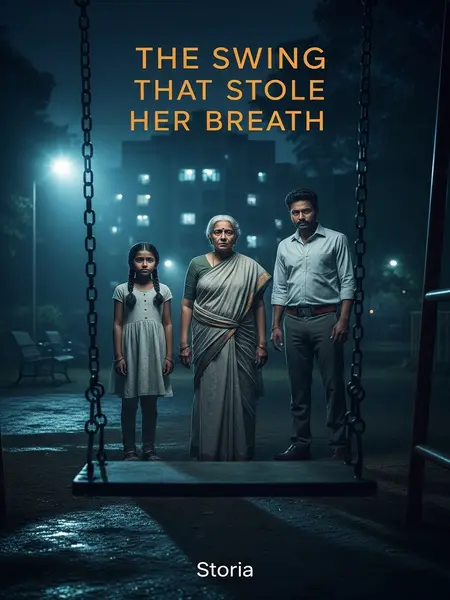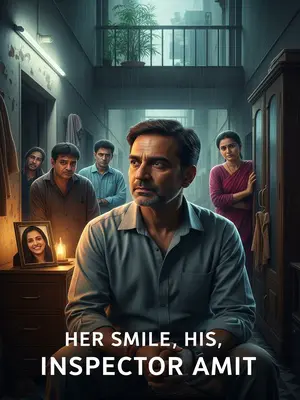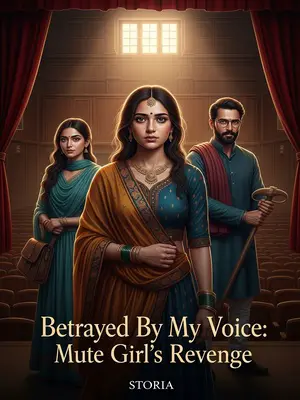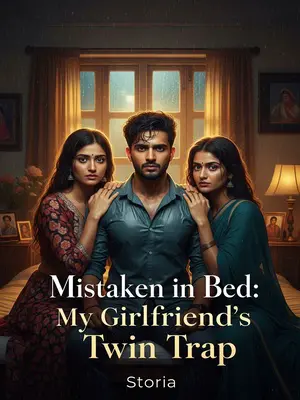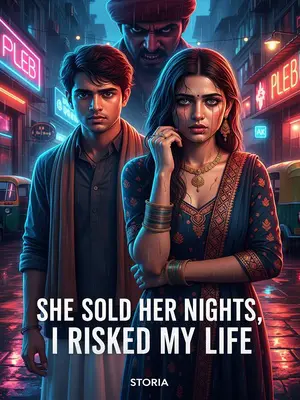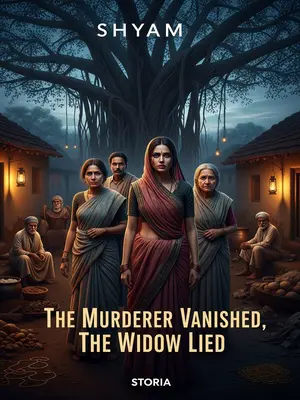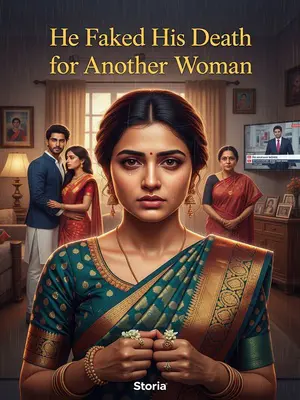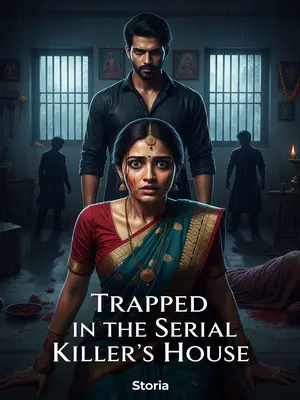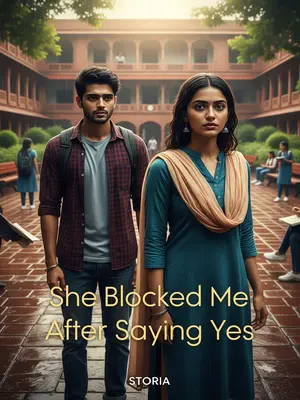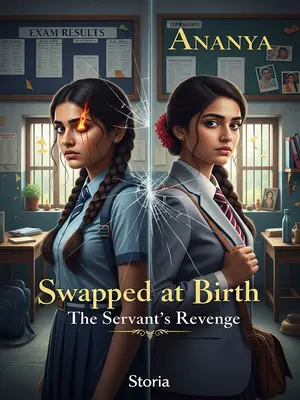Chapter 4: Laughter in the Shadows
The next day, the forensic autopsy report arrived. The hospital’s tube lights blinked as a nurse swept past, muttering about load-shedding. Dr. Amit Verma handed over the report, a crow cawing outside.
Ananya had died of cardiac arrest brought on by excessive fright. “Cause of death: Cardiac Arrest due to Extreme Shock.” I pressed my palms together, murmured a quiet, "Ram Ram." The weight of loss hung heavy in the air.
Pramod nodded. “Bechari family, saab. Kya se kya ho gaya ek raat mein.”
But Dr. Verma wasn’t convinced. He tapped the autopsy file, rings clinking. "Bachchi ki haalat dekhi aapne? Bilkul kamzor thi, rang bhi pila, baal bhi sukhe hue. Yeh sab lambe samay ki malnutrition ka nateeja hai. Agar parivaar ko itni fikr hoti, toh is umar mein aisi haalat kaise hoti?" He flipped through his notes. "Yeh koi ek din ka nahi hai, Inspector. Saal bhar ki laparwahi hai."
He gestured for me to sit, pouring another glass of hospital canteen chai. "There’s another suspicious detail. The girl died between five and seven yesterday evening. But for the hour between five and six, we don’t know where they were. Witness ka statement aur medical timing mil nahi raha hai, Inspector. Ek ghanta missing hai."
I drummed my fingers on the table. "Aap kehna chahte hain ki bachchi ka death jhule par nahi, kahin aur hua? Baad mein body ko park mein le aaye?" The thought made me shiver—a dead child being carried through the colony, unnoticed.
Dr. Verma spread his hands, brow furrowed. But I shook my head. "A witness said he heard the little girl laughing around six. That means she was still alive on the swing."
Dr. Verma shrugged, worry still in his eyes. "Tab toh yeh accident hi lagta hai, Inspector. Kismet ka khel."
But the case was already strange enough. That phrase—scared to death—felt too literal. I thought of Ananya’s face, the swing’s relentless creak. It haunted me.
Colony WhatsApp groups were buzzing with talk of ghosts and curses. The sub-inspector grumbled, "Log toh kuch bhi bolenge, saab."
I visited every flat with a view of the park, climbing stairs sticky with the smell of dal and burnt garlic. One window faced the swings. I knocked—Mr. Sharma, retired bank manager, answered, TV blaring a muted saas-bahu serial. His grandson, Kunal, always glued to his mobile, peered over his shoulder.
"Dadaji, sorry to bother you. On the evening of September 7th, between five and seven, did you see anyone swinging downstairs?"
"Humko kuch nahi pata, beta. Hum toh apne TV dekhte hai," he replied, waving me off.
I turned to go, but Kunal piped up: "Arrey, police uncle! Aap mujhse kyun nahi poochte? Mere phone mein video hai!" His Dadaji scolded, "Din bhar mobile pe lage rehta hai!" but Kunal grinned, "Ab toh kaam aa gaya na, Dadaji!"
He scrolled through his gallery—memes, cat videos, then a thirty-second clip from 6:02 p.m. The video showed Ananya and her grandmother on the swings, blue dress fluttering, Ananya’s laughter ringing out, mingling with the evening azaan and the creak of the swing.
That was enough to prove Ananya died on the swing—it was an accident. I copied the video and brought it back to the station.
We gathered around the big screen. A constable brought cutting chai and samosas, but no one touched them. The room was heavy with anticipation. As the video played, Pramod gripped the desk, someone’s chai cup rattled, and Vishal the IT guy muttered, "Ram naam satya hai."
Vishal enhanced the video, his fingers flying over the keyboard. As the pixels sharpened, Ananya’s face came into focus—her features twisted in terror, mouth stretched wide, eyes bulging. Someone behind me gasped; I tasted metal on my tongue, the faint buzz of a mosquito in the stale air.
Her last expression, captured forever, was as chilling as the night we found her. The room fell silent—the only sound, the whir of the fan and the distant wail of an ambulance.
Then, the video’s audio glitched. Ananya’s corpse on the swing seemed to come alive, letting out a shrill, eerie laugh that made our blood run cold. The laughter twisted into something inhuman—half-child, half-shadow. Pramod crossed himself; someone whispered, "Ram Ram."
Some nights, when the wind carries the faint sound of a swing creaking, I still wonder if Ananya is out there—laughing, or crying, or both.
